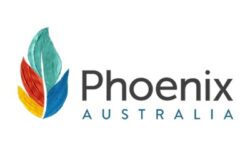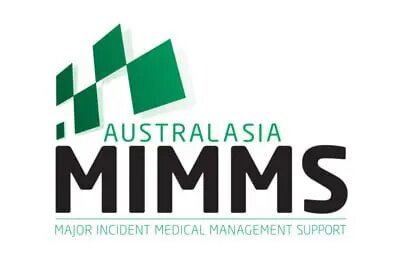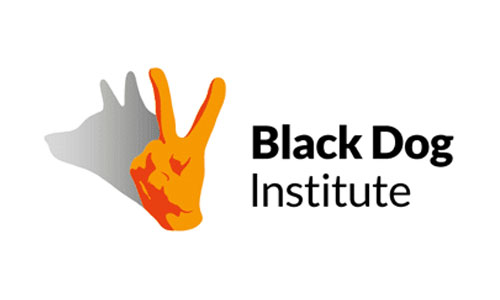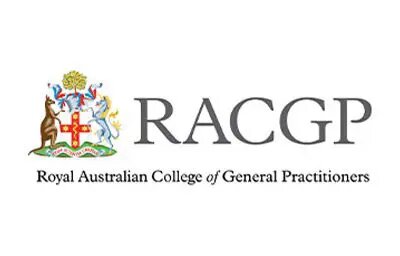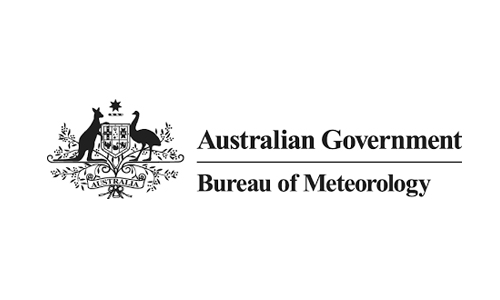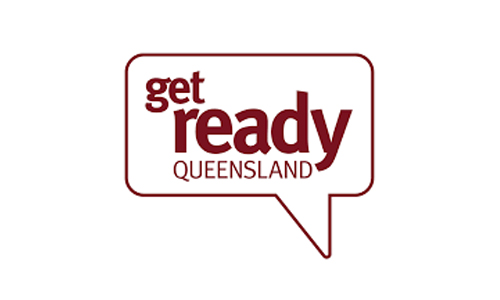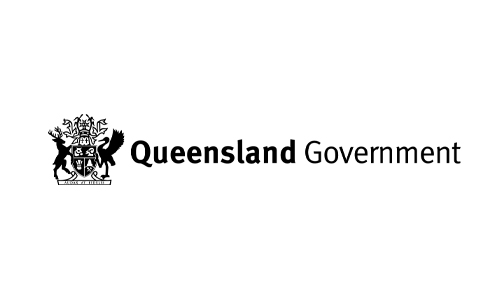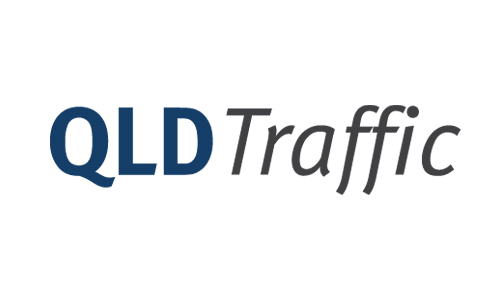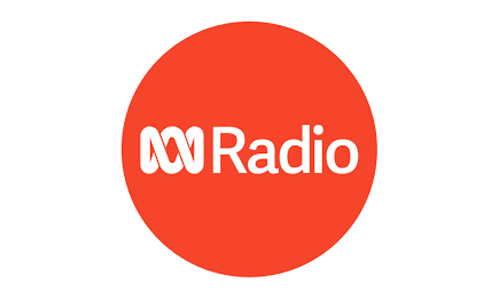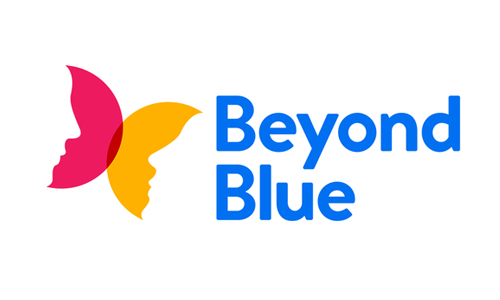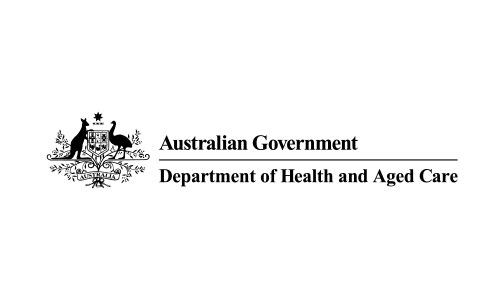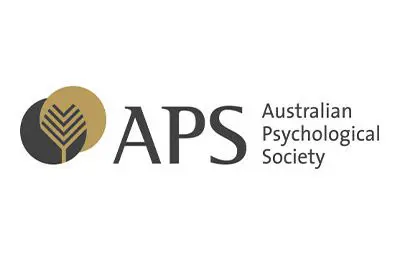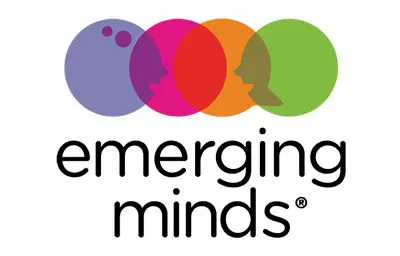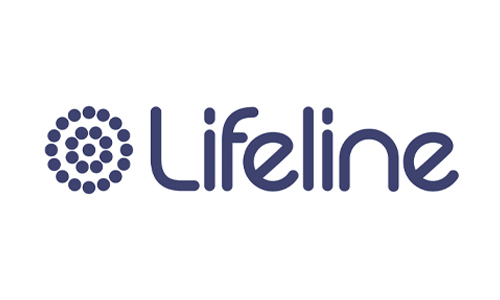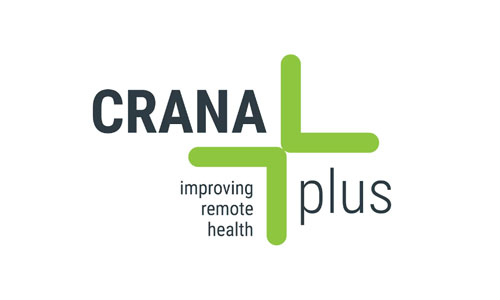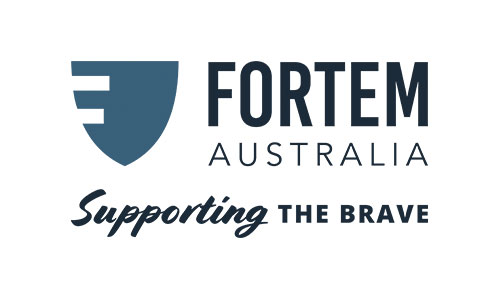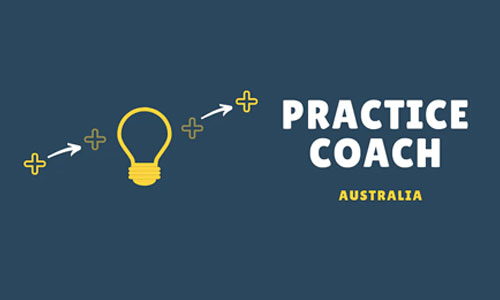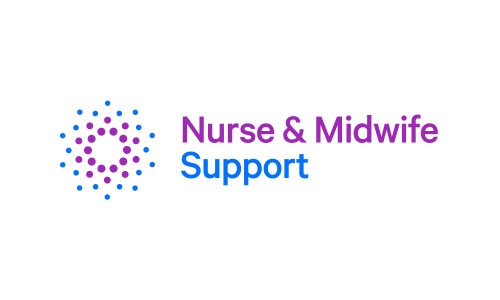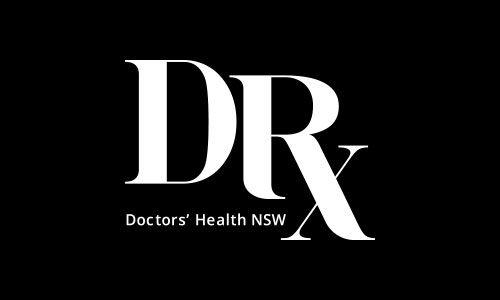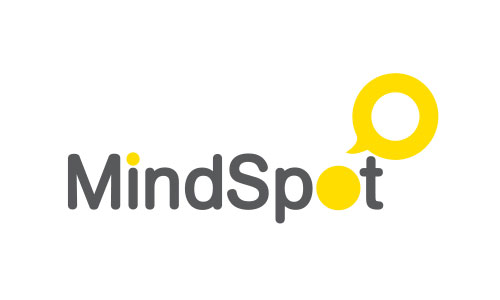

Disaster Management support
for Health Professionals
Our region is prone to natural disasters, from flood, bushfire, drought and pandemics.
The Country to Coast Queensland Disaster Management Framework guides our preparation, response and recovery activities and how we support health professionals when disasters impact our region.
PREPARE
Prepare for emergencies in general practice
Health professionals need the right tools for when disasters such as floods, bushfires, drought, and pandemics occur. Our guide for Preparing for Emergencies in General Practice helps you prepare emergency response and business continuity plans to ensure your business can stay open or recover quickly.
Country to Coast Volunteer Register
Local health professionals can register their interest to volunteer at an evacuation centre if disaster impacts our region. Your registration will allow us to contact you for support if needed and provides continuity of care for the community.
Does this mean I have to commit?
No, your registration is an expression of interest only. We will contact you to arrange support if needed.
Do I get paid?
No, this is a volunteer service to support the community in a time of need.
Can I still attend an evacuation centre if I haven’t registered?
No, we ask all health professionals to register with us first to ensure proper procedures are in place.
Can I still run my business while volunteering?
Yes, ideally people needing medical or mental health support during evacuation can continue to access telehealth services or leave the evacuation centre to attend clinics or services that are still open.
Resources for health professionals
The following resources can help you and your staff prepare for and respond to emergencies and disasters.
Tips for being better prepared:
- Develop an up-to-date emergency response plan.
- Test and update your plan annually.
- Train staff in how to use the plan.
- Have an emergency kit ready.
- Join the Country to Coast volunteer register
- Contact other primary health care providers to connect and offer support.
- Prepare communications about service disruptions or changes.
RESPOND
We Are Open
Country to Coast, Queensland operates the 'We are Open' program to support general practice, Aboriginal medical services and pharmacies to extend their opening hours at short notice. The program is only activated in areas affected by disaster or emergency, where standard health services may be impacted.
Why is it important?
Extended opening hours make it easier for people to access health care services, especially if health facilities have been disrupted, impacted by staff shortages, or cut off from essential services. Some of the ways people may use the extended hours during a disaster include:
- Prescriptions for essential medication for existing conditions they left at home whilst leaving quickly due to a disaster
- Mental health referrals and support
- Immunisations
- Treatment of injuries including wounds, fractures and burns -
- Medical screening, assessment triage
- Maternal and child health services
- Access to over the counter medication and healthcare supplies
What support does the 'We are Open' program offer?
Participating providers extend their operating hours in three (3) hour blocks when activated by CCQ during an emergency. Country to Coast Queensland makes payments of $400 per three-hour session on weeknights (5-8pm) and $600 per three-hour session on a weekend. The support is intended to cover the additional service delivery costs and outlays incurred by participating providers.
How do I participate?
- Submit a We Are Open Enrolment Form
- Extend operating hours in accordance with the We are Open program terms and conditions upon activation by CCQ.
- Request payment using the We are Open Payment Request Form. Please note, you can only submit a payment request after your extended opening dates.
What’s required of my business?
View the full terms and conditions of participation here. Some key aspects include:
- Activation –await notification from CCQ to activate and confirm hours of operation that will be reimbursed before extending practice hours.
- Communication of operation hours - grants permission for CCQ to communicate the extended operating hours and availability of their services to evacuation centres, local emergency management groups, Health and Hospital Services, emergency departments, and other entities involved in emergency and relief efforts.
- Acceptance of new patients - accept new patients affected by the emergency during the extended operating hours
- Billing Structure - charge patients the same bulk billing and fee structure for services provided during extended hours as they do for regular weekday fees.
- Data Collection - collect and maintain basic data on service utilisation during the additional opening hours as required by CCQ for program evaluation and reporting purposes. CCQ recognises collecting data in disasters is difficult and not always possible. The only data requested will be:
- additional hours the practice stayed open as a result of participating in We are Open
- number of people serviced
- a summary of the main services provided e.g. scripts, referrals.
HealthPathways
HealthPathways offers health professionals local information to make the right decisions together with patients, at the point of care. The pathways are designed primarily for general practice teams, but are also available to specialists, allied health professionals, and other health professionals in your region.
Wide Bay (Username: userwb Password: pwwb)
Central Queensland (Username: usercentralqld Password: pwcentralqld)
Sunshine Coast and Gympie (Username: usersc Password: pwsc)
Keep up to date with relevant alerts and warnings during a disaster
RECOVER
Health professionals play a critical role in supporting communities to recover after disasters.
Further information and support for community members is available on the community disaster page.
COVID-19
For information specific to COVID-19, please visit our COVID-19 Supporting our health professionals page.
Mental health support
Disasters affect everyone in the community, and mental health needs often emerge in the months following a disaster. Mental health support is available to the whole community.

